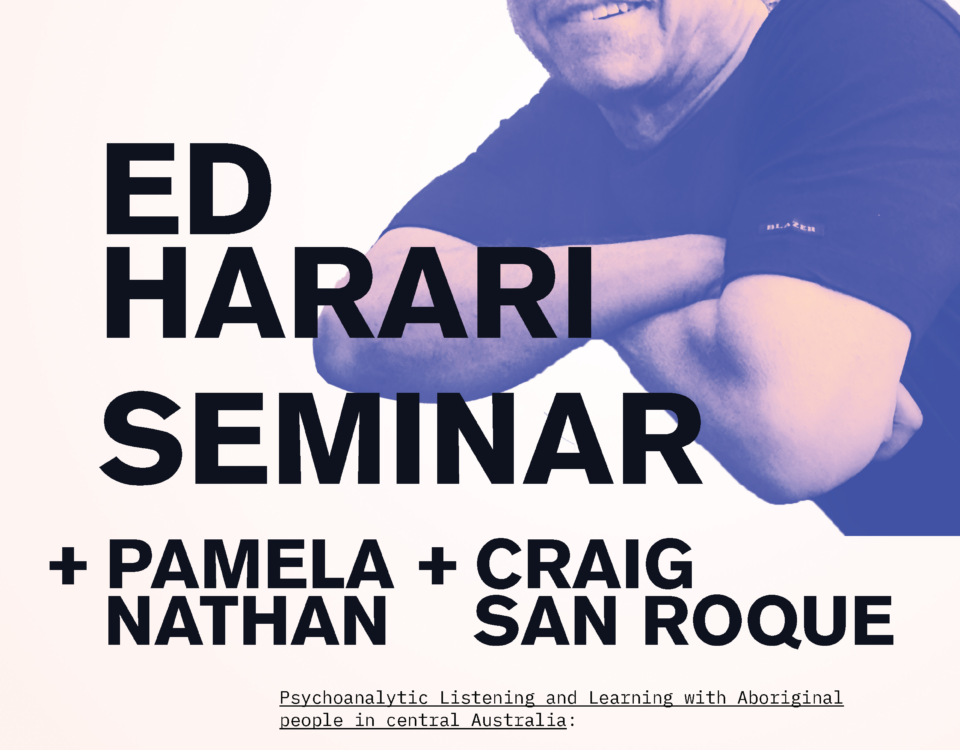On Albert Namatjira’s Plains
January 10, 2014Aboriginal body urges forced apprenticeships
January 10, 2014by Pamela Nathan
Indigenous leader Warren Mundine can be congratulated on his promise to advocate for mandatory diversionary programs to assist Indigenous juvenile offenders find jobs and have access to education amid proposed budget cuts to Indigenous affairs spending.
During an interview with The Australian, Mr Mundine said that, although he actively opposed the cuts to Aboriginal legal aid announced last month, his opposition was not ideological and he wanted spending to be subjected to an audit to examine if it was delivering the outcomes promised.
Indigenous academic and leader Marcia Langton, who is heading the Abbott government’s Indigenous jobs review with Fortescue Metals Group chairman Andrew Forrest, supports Mr Mundine’s idea of auditing programs to ensure they made a real difference to the lives of Indigenous people. She stated ‘The legal aid approach by itself will do little to lower Indigenous prison incarceration and juvenile detention rates. Early childhood health and education programs should be top priority.’
I agree with Marcia that early childhood health and education programs are essential to preventing anti-social behavior and the criminal trajectory of juvenile offenders. If youth can stay strong in mind and spirit and have an education which offers employment opportunities then crime will not be an option or an attractive one.
Mr Mundine reiterates, ‘Legal aid is vital, but it deals with the problem at the tail end, we need to tackle this problem right at the beginning, with swift and early intervention for first offenders through diversionary programs, even if they are minor offences… Education and the jobs are the key.’
He said, ‘The main issue is the outcomes achieved for Indigenous people, outcomes such as real jobs, school attendance and closing the gaps in health, education and incarceration. Here’s an example. About 10 years ago, I sat on the NSW Attorney General’s juvenile crime prevention committee. Research presented to the committee pointed to a common conclusion – send a juvenile offender to detention and in most cases you have them for life; they’ll invariably be in and out of the system forever. However, put them into a diversionary program where they instead go into a job or education that they must complete instead of jail and in most cases you never see them again.’
Recently I saw a young Aboriginal man from the Kimberly region in my consulting room. He told me he had done a stint in the adult jail for theft and that he did not want to return. His older brother was doing time. He said he came from a dysfunctional family and they had no money or future. He told me he wanted a different life. He was in Melbourne studying and trying to get an occupational qualification. He has to work much harder to stay out of trouble and much harder to get a qualification and a job but he is trying very hard and is away from family and country in order to get qualified and stay strong and out of trouble.
I know of another young Aboriginal man in a high security jail in Victoria for rape. He feels at home in jail and has a good feed and a sense of belonging as he can be strong as a standover man. His family life outside is fraught with drinking and poverty and it “does his head in” and so he becomes a repeat offender. This young man needs the help of a structured diversionary program that can give him a live of possibility free of crime and alcohol.
I support Mundine in his advocacy of mandatory diversionary support programs.





